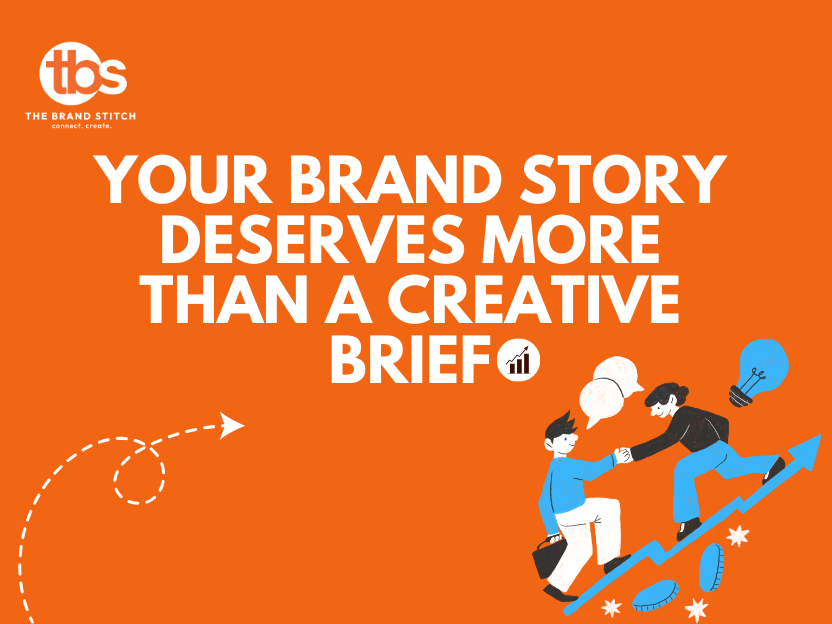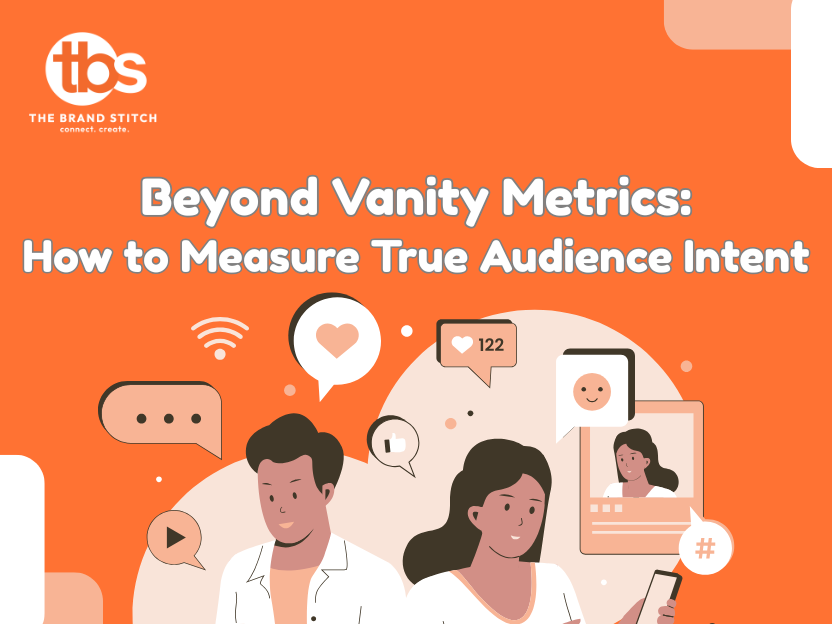Your Brand Story Deserves More Than a Creative Brief

Introduction: The Brief Isn't the Story
Every brand begins with a brief. A document that lists objectives, target audiences, key messages, and deliverables. It's neat, it's structured, and it's a standard part of the marketing process.
A creative brief is not your brand story.
A brief can guide your agency or your marketing team, but it can't carry the soul of your brand. Customers don't connect with bullet points. They connect with stories, experiences, and emotions. And in today's digital-first world, where people swipe past hundreds of ads every single day, it's not enough to have a campaign "on paper." You need a narrative that moves hearts and minds—and most importantly, you need to bring it alive in ways your audience can interact with.
That's where brand storytelling and interactive ads step in.
Why Your Brand Story Matters More Than Ever
Consumers are bombarded with endless choices, and traditional ads have lost their edge. Premium-looking campaigns are no longer enough. If the audience doesn't see why your brand exists, or doesn't feel part of the journey, they move on.
A brand story does what a brief cannot:
- Builds emotional connection – People remember stories, not taglines.
- Gives meaning to products – A car isn't just a machine; it's freedom, safety, and identity. Coffee isn't just caffeine; it's ritual and comfort.
- Drives loyalty – Stories help your customers see themselves in your brand, making them stay longer and buy deeper.
A brief tells you what you're selling. A story shows your audience why it matters to them.
The Limitations of Creative Briefs
Let's be real—creative briefs are important. They align teams, clarify budgets, and prevent chaos. But when brands stop at the brief, they fall into a trap:
- Too transactional – The focus is often "what do we want to sell?" instead of "why should people care?"
- One-dimensional – Most briefs highlight features, not feelings.
- Passive communication – A brief can't adapt to real-time audience behavior.
If your ad says, "Our sneakers have premium cushioning," it's information. But if your brand story says, "Our sneakers are for dreamers who never stop running toward their goals," it's inspiration.
Turning Your Story Into an Experience
Brands treat storytelling as just a paragraph on their website. A brand story should live everywhere—on your website, in your ads, on social media, in your events, and even in your packaging.
And the most powerful way to do this? Interactive ads.
Unlike static banners or generic videos, interactive ads invite your audience to engage with your brand story. They don't just watch; they participate.
- Swipeable journeys – Let customers explore your product features step by step.
- Tap-to-reveal experiences – Showcase benefits in a playful, gamified way.
- Quizzes & recommenders – Guide them to the product that best fits their lifestyle.
- Gamified storytelling – Turn your campaign into an adventure where the customer is the hero.
This is where a brand story transforms from words into something memorable, interactive, and actionable.
Why Interactive Ads Are the Missing Piece
Let's connect the dots:
• A creative brief defines your objectives.
• A brand story adds emotion and meaning.
• Interactive ads bring the story alive, ensuring people actually experience it.
Research shows that interactive ads drive:
- 3x higher engagement time compared to static ads
- 70% better brand recall because users remember what they "did" instead of what they "saw"
- 2x more conversions by guiding customers toward personalized outcomes
This isn't just advertising—it's storytelling that feels personal.
From Passive Viewers to Active Participants
Here's the difference:
Traditional Ads: Your audience is a spectator. They scroll past.
Interactive Ads: Your audience becomes a participant. They swipe, click, choose, and explore.
Which do you think leaves a stronger memory?
This shift matters because people crave control and personalization. They don't want to be told what to buy—they want to feel like they discovered it themselves.
Real-World Impact of Story-Driven Interactive Ads
Let's ground this in examples:
- Retail: Instead of showing a static image of 10 outfits, an interactive lookbook lets users mix and match styles—making them feel like stylists of their own wardrobe.
- FMCG: A snack brand can create a "What's Your Flavor Personality?" quiz that recommends the perfect product while capturing valuable audience insights.
- Automotive: An interactive journey can showcase safety, mileage, design, and performance—ending with a personalized car recommendation.
Each of these goes beyond a brief. They're stories you can touch, explore, and remember.
Moving Beyond the Brief: What Brands Should Do Next
If you're serious about building meaningful connections, here's the roadmap:
1. Start with your story, not your product. Ask: "Why do we exist?" and "What role do we play in our customer's life?"
2. Design for experiences, not just impressions. Don't settle for ads that are "seen." Aim for ads that are "remembered."
3. Leverage interactive ads. They're not just trendy—they're effective tools to make your story immersive.
4. Capture real insights. Every click, tap, or swipe tells you something about your customer's intent. That's data beyond what any creative brief will ever reveal.
5. Evolve continuously. A brand story isn't static—it grows with your customers. Keep testing, refining, and adding new layers.
Final Thought: Stories That Live Beyond the Brief
At the end of the day, a creative brief is a starting point. But your brand deserves more than bullet points and objectives. It deserves a living, breathing story that makes people stop, engage, and remember.
And in 2025, the most powerful way to tell that story isn't through static ads or passive campaigns—it's through interactive storytelling ads that give your audience a role in the narrative.


